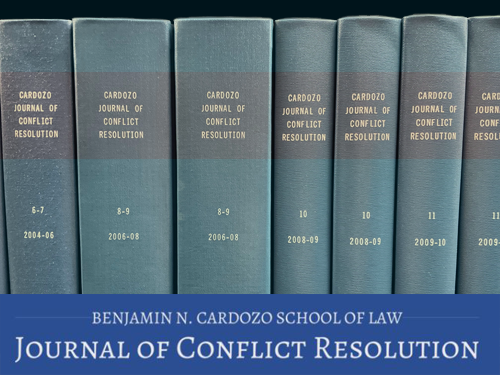Document Type
Blog Post
Publication Date
3-7-2022
Graduation Year
2023
Abstract
As the supply chain shortage continues, many truck drivers across the country find themselves disturbed with both their employers’ administrative decisions in response to pressures from the federal government and their working conditions. In the 2019 case, New Prime v. Oliveira, the U.S. Supreme Court declined to compel arbitration of wage and hour class action lawsuits brought by an interstate trucker and independent contractor. The Court unanimously ruled that the exemption language in the Federal Arbitration Act (“FAA”), which includes “seamen, railroad employees, or any other class of workers engaged in foreign or interstate commerce,” also includes owner-operators (those who own their own trucking business). The Court ruled that the phrase “contracts of employment” was to be interpreted as “agreement to perform,” and found that independent contractors are to be covered by the FAA, similar to employees. As a result of this groundbreaking case, employers are not able to bind their truck driving employees or independent contractors to arbitration agreements, constituting the first opportunity for equivalent treatment among the two groups.
This post was originally published on the Cardozo Journal of Conflict Resolution website on March 7, 2022. The original post can be accessed via the Archived Link button above.
Recommended Citation
Becker, Joshua, "The Status of Independent Truck Drivers Amid the Supply Chain Crisis" (2022). Cardozo Journal of Conflict Resolution (CJCR) Blog. 27.
https://larc.cardozo.yu.edu/cjcr-blog/27



